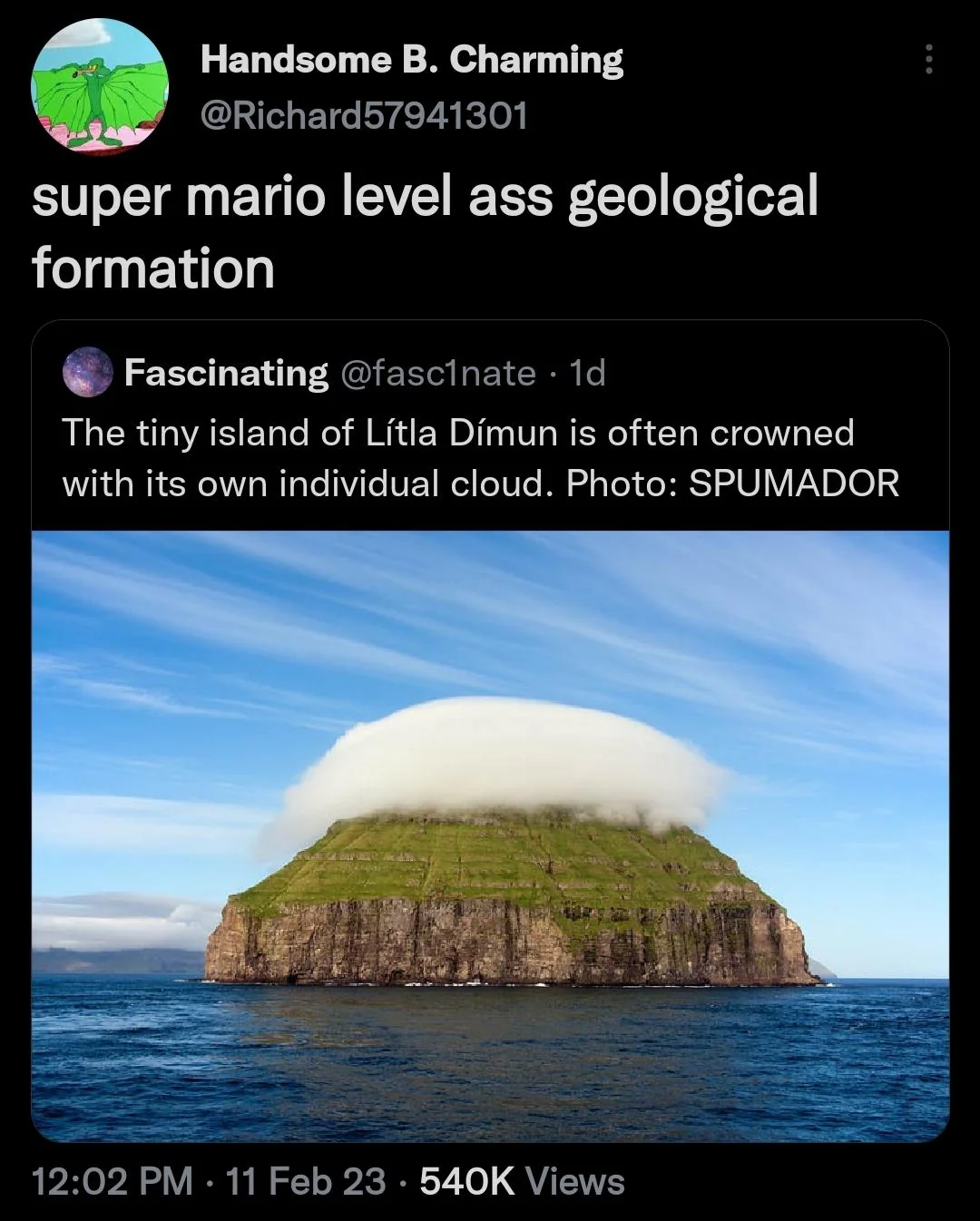I've often wondered why we use such seemingly random, yet colorful, terms to describe a state of drunkenness. The list of words for drunkenness goes on and on and on:
stoned; tipsy; bashed; befuddled; buzzed; crocked; flushed; flying; fuddled; glazed; high; inebriate; inebriated; laced; lit; muddled; plastered; potted; sloshed; stewed; tanked; totaled; wasted; boozed up; feeling no pain; groggy; juiced; liquored up; seeing double; three sheets to the wind; tight; under the influence; under-the-table
(source)
And there are so many others, such as pickled and soused and bombed and high as a kite, which make immediate and obvious sense — to an English speaker.
Lately, I've been seeing official illuminated signs by the roadside that say "BUZZED DRIVING IS DRUNK DRIVING", which I take to be directed at people who are high on drugs or the response of law enforcement officers to people who are obviously in an alcoholic stupor and say to the police, "I'm fine, just a little bit buzzed."
Read the rest of this entry »


